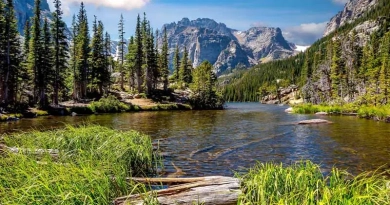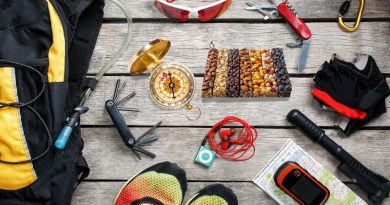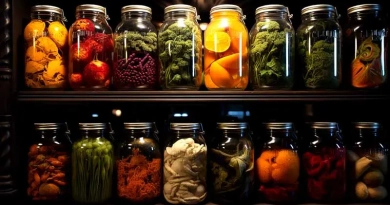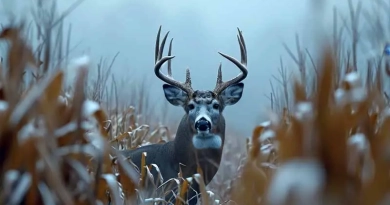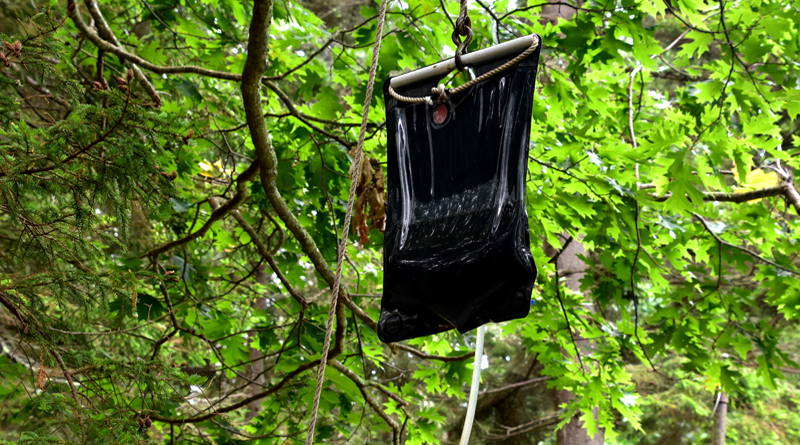
The Challenge Of Storing Food Outdoors
Storing food properly while camping is essential to avoiding attracting animals and ensuring safety. Here’s a comprehensive guide on the best practices for food storage during your camping adventures.
When camping, the presence of wildlife is a given. The key challenge is to store food in a way that it doesn’t attract animals, which can pose risks to both the animals and campers. Bears, raccoons, and other wildlife are attracted to food odors and can go to great lengths to access your supplies.
Best Solutions for Storing Food
- Bear-Proof Canisters: These are highly recommended for their effectiveness in keeping bears and other animals away from your food. Bear-proof canisters are designed with lockable lids that are difficult for animals to open. They are also odor-proof to a large extent and can be safely left on the ground at your campsite.
- Hanging Food: In areas where bear-proof canisters are not mandatory, hanging food is a viable option. It’s important to hang your food at least 15 feet off the ground and 15 feet away from any tree trunks. However, this method is becoming less effective as some bears have learned how to access food from hangs. Always check local guidelines, as some areas prohibit hanging food due to safety concerns.
- Using Airtight Containers: Airtight containers can help minimize odors that attract wildlife. When used inside a bear-proof canister or cooler, they provide an additional layer of scent protection.
- Metal Food Lockers: Many campsites equipped to handle wildlife provide metal food lockers. These lockers are designed to be completely secure against bears and other animals. Always ensure that these lockers are properly latched and secured.
- Coolers: For perishable items, using a sturdy, insulated cooler is crucial. Keep the cooler in a shaded area or covered with a blanket to enhance its effectiveness. Remember to keep the cooler inside a bear-proof locker or your vehicle to prevent animals from accessing it
- Always clean up immediately after meals. Leftover crumbs and food scraps can attract wildlife.
- Store all toiletries and other scented items along with your food. Many animals are attracted to the scents of soaps, lotions, and other personal care products.
- Prepare and cook food away from your sleeping area. Set up a separate area for cooking that is at least 200 feet from where you sleep.
- Review and follow the specific food storage regulations of the area where you are camping. Regulations can vary significantly from one park or campground to another.
Conclusion
Storing your food properly while camping is not just about keeping your supplies safe; it’s about respecting wildlife and maintaining the natural balance. By using bear-proof canisters, adhering to local regulations, and minimizing odors, you can enjoy a safe and enjoyable camping experience without unwanted animal encounters. Always plan ahead and be prepared to adapt your food storage strategies based on your camping environment.

